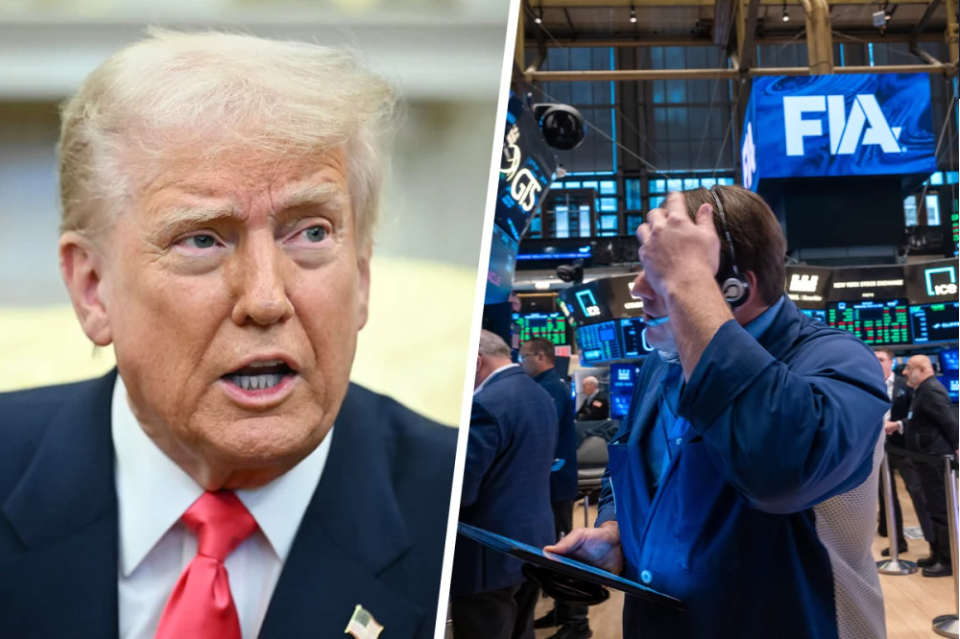
Global Markets Plunge as U.S. Trade Tensions Escalate and Investor Confidence Falters
Global financial markets faced a sharp and broad-based selloff this week, as escalating trade tensions sent shockwaves across equities, bonds, and currencies. The S&P 500 plunged approximately 15%, marking one of its steepest declines in recent years. Long-term U.S. Treasury bonds, traditionally seen as a safe haven during times of uncertainty, also came under significant selling pressure—a sign of deep unease among investors. Meanwhile, the U.S. dollar weakened noticeably against a basket of major currencies, as confidence in American economic stability wavered.
At the heart of the market turmoil are mounting concerns over erratic trade policies emerging from Washington. The increasingly unpredictable stance of the U.S. administration has left markets jittery, with The Economist offering a scathing critique of President Trump’s approach to international trade. The publication condemned the dismantling of century-old “stable trading relations,” arguing that they have been replaced with a policy framework that is “whimsical and arbitrary.”
Central to the criticism is the administration’s unconventional method of policymaking—often driven by social media announcements and abrupt shifts in direction. Even top advisors, according to the report, are frequently left in the dark, unable to anticipate the next presidential move. This lack of transparency and predictability is causing ripples far beyond Wall Street, impacting global investor confidence and international relations.
The combination of declining investor trust, volatile messaging from the White House, and the absence of a coherent long-term trade strategy has created a volatile environment in global markets. As stakeholders brace for further developments, many are calling for a return to more structured and predictable trade diplomacy to help stabilize financial systems and restore investor confidence.
Author: Global Ripple
Posted on: April 11, 2025
 Global Ripple
Global Ripple